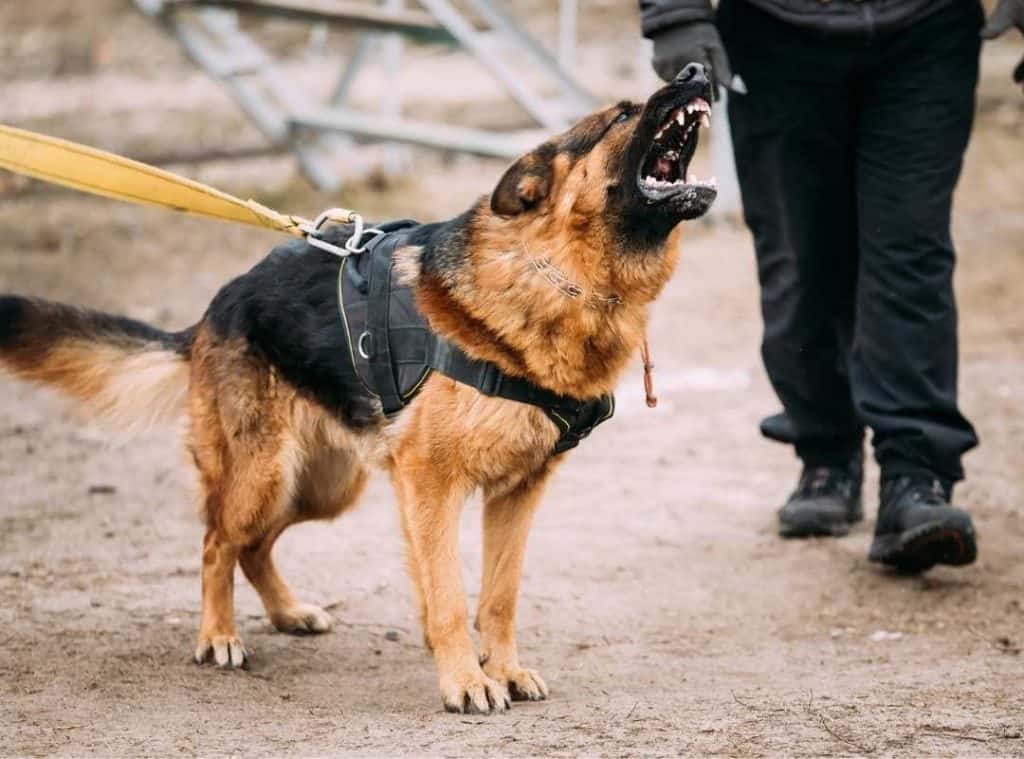This post may contain affiliate links. If you click an affiliate link and make a purchase, I may earn a commission. Also, as an Amazon Associate I earn from qualifying purchases.--
Many dog owners wonder if their dogs can eat grapes. The short answer is no, but the long answer involves a few more factors to consider before giving your canine any type of grape-based treat or food.
Grapes are highly toxic for dogs! Even small amounts of grape seeds will cause vomiting, diarrhea, tremors (where you shake uncontrollably), seizures that lead to sudden death in most cases (especially with young dogs), and even death.
This article will explain why grapes are so bad for dogs, and how you can tell if your dog has ingested any type of grape-based food or treat.

Can Beagles Eat Grapes?
Yes, beagles can eat grapes. Grapes are not toxic to dogs, as long as they are eaten in moderation. However, raisins should be avoided, as they are toxic to dogs.
Symptoms of grape toxicity in dogs include drooling, vomiting, diarrhea (sometimes bloody), lethargy, loss of appetite, and abdominal pain. Grape toxicity in dogs is due to a different process than in humans–it is caused by the metabolization of grapes into an unknown toxin by the dog’s liver.
Can a Single Grape Make a Beagle Sick?
It’s important to be aware that even a single grape can make your beagle sick. While it may not seem like much, grapes contain toxins that can cause serious health problems for your pet. Grapes are particularly dangerous for beagles because their small size means they can easily eat several without realizing how harmful they are.
Symptoms of grape toxicity include vomiting, diarrhea, and lethargy. If you think your beagle has eaten grapes, contact your veterinarian immediately. There is no antidote for AKI, but early treatment is crucial in preventing long-term damage to your dog’s kidneys.
What Should I Do If My Beagle Eats a Grape?
It’s important to know what to do if your beagle eats a grape. Although it may not seem like a big deal, grape poisoning can be life-threatening for dogs. Symptoms of grape poisoning usually don’t show up until 24 hours after ingestion, so it’s important to take your dog to the vet as soon as possible if you think they’ve eaten a grape.
Beagles who have eaten grapes may vomit, have diarrhea, or appear lethargic. In severe cases, they can suffer from kidney failure and die. If you’re not sure whether your dog ate a grape or raisin, consult with your vet before trying to induce vomiting–vomiting could make things worse if the object wasn’t actually a grape.
What Are the Symptoms of Grape Poisoning in Beagles?
If a Beagle eats grapes, it can become lethargic, vomit or have diarrhea and abdominal pain. Symptoms may develop within 24 hours of eating the grape. If your furry friend exhibits any of these symptoms after eating grapes, take them to a vet as soon as possible.
Symptoms of grape poisoning include abdominal pain and nausea, increased thirst and urination, increased appetite, vomiting and diarrhea, lethargy, and anorexia.
How Soon After Eating Grapes Can a Beagle Get Sick?
If your beagle eats grapes, they will likely develop symptoms within 24 hours. However, it’s important to note that dogs can go up to 10 hours without water before they start showing signs of grape toxicity.
Some common symptoms of grape poisoning include vomiting, diarrhea, and lethargy. If you think your dog has eaten grapes, it’s important to take them to the vet as soon as possible – by then, it may be too late for them.
Can Grapes Kill Dogs?
Grapes are a toxic fruit for canines and eating just one or two grapes could put your pet in danger. However, Grapes are not as toxic for larger dogs like Great Danes vs Chihuahuas.
Kidney damage is the most serious complication of eating grapes, so it is important to keep grapes away from your dog.
Conclusion
Now you know that grapes should not be given to your furry friend. However, some people may be tempted to give their dog a grape or two because they are not are about it.
It is important that you understand the dangers of this fruit and what it can do to your pet. So, be sure to share this information with your family and friends.


